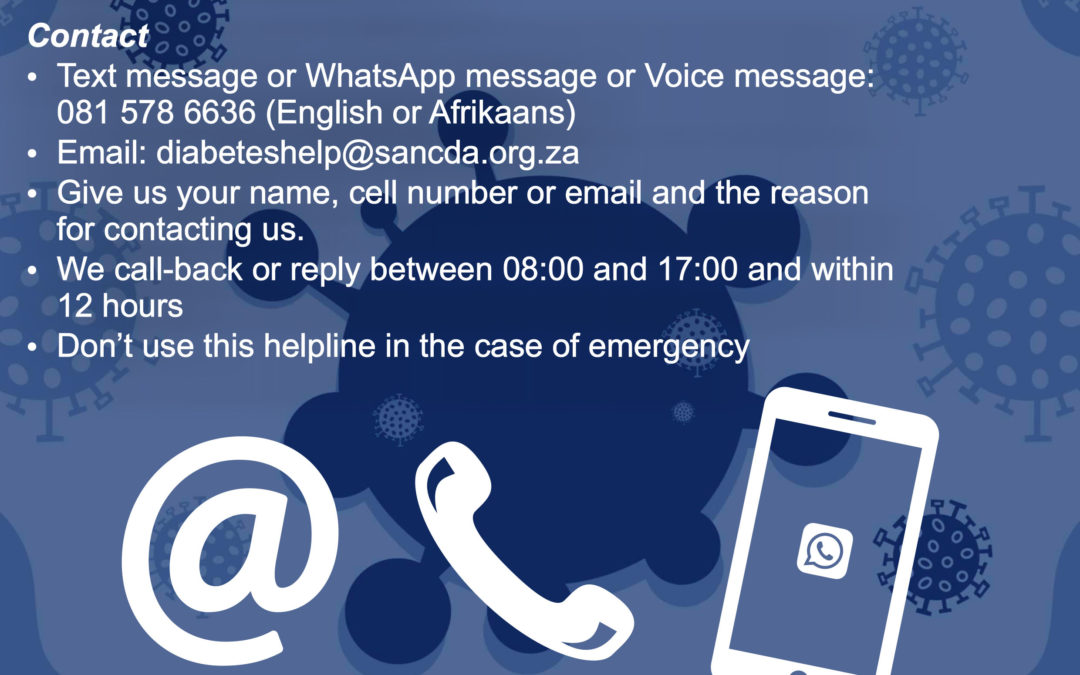
COVID-19 & NCDs
Infographics for you to use to help you manage your on NCDs condition during COVID-19.
These infographics, created with our partners, and used on the SANCDA helpline and used by the government.

Infographics for you to use to help you manage your on NCDs condition during COVID-19.
These infographics, created with our partners, and used on the SANCDA helpline and used by the government.
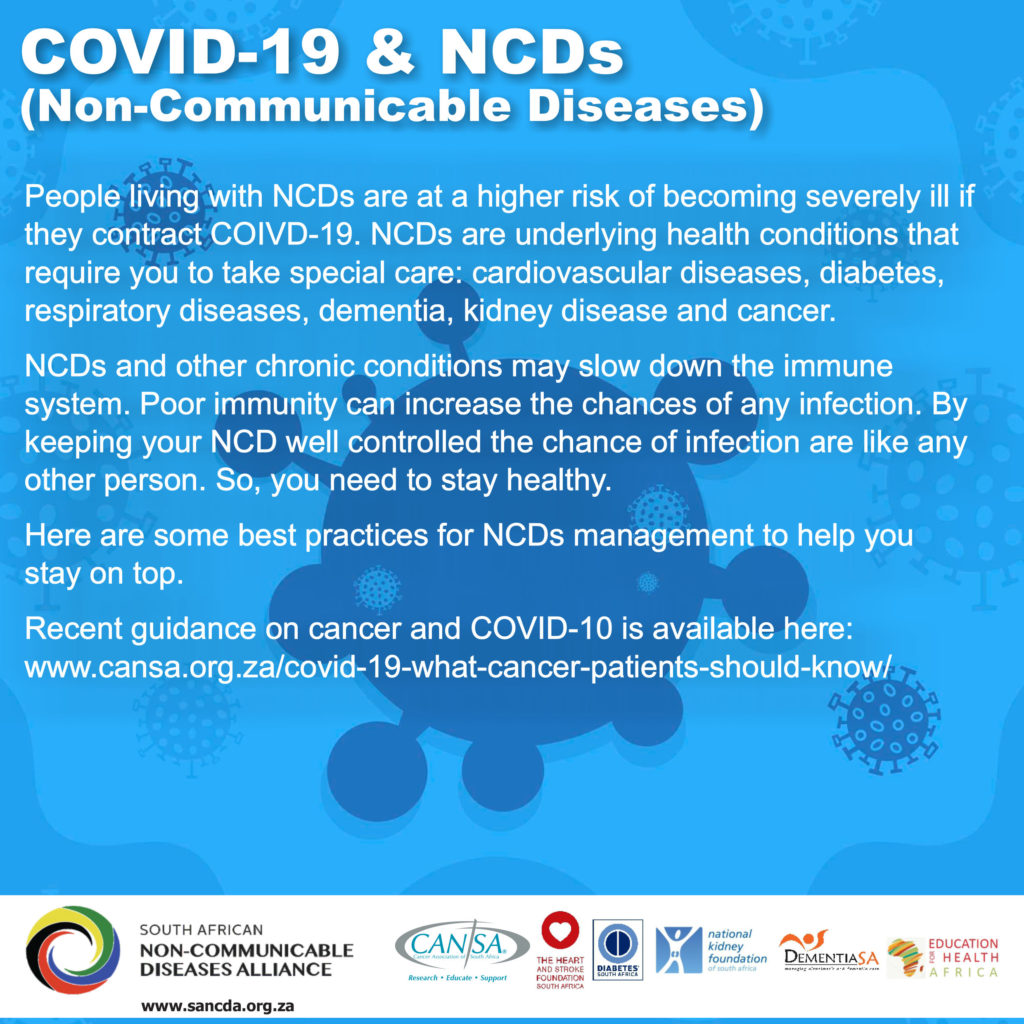
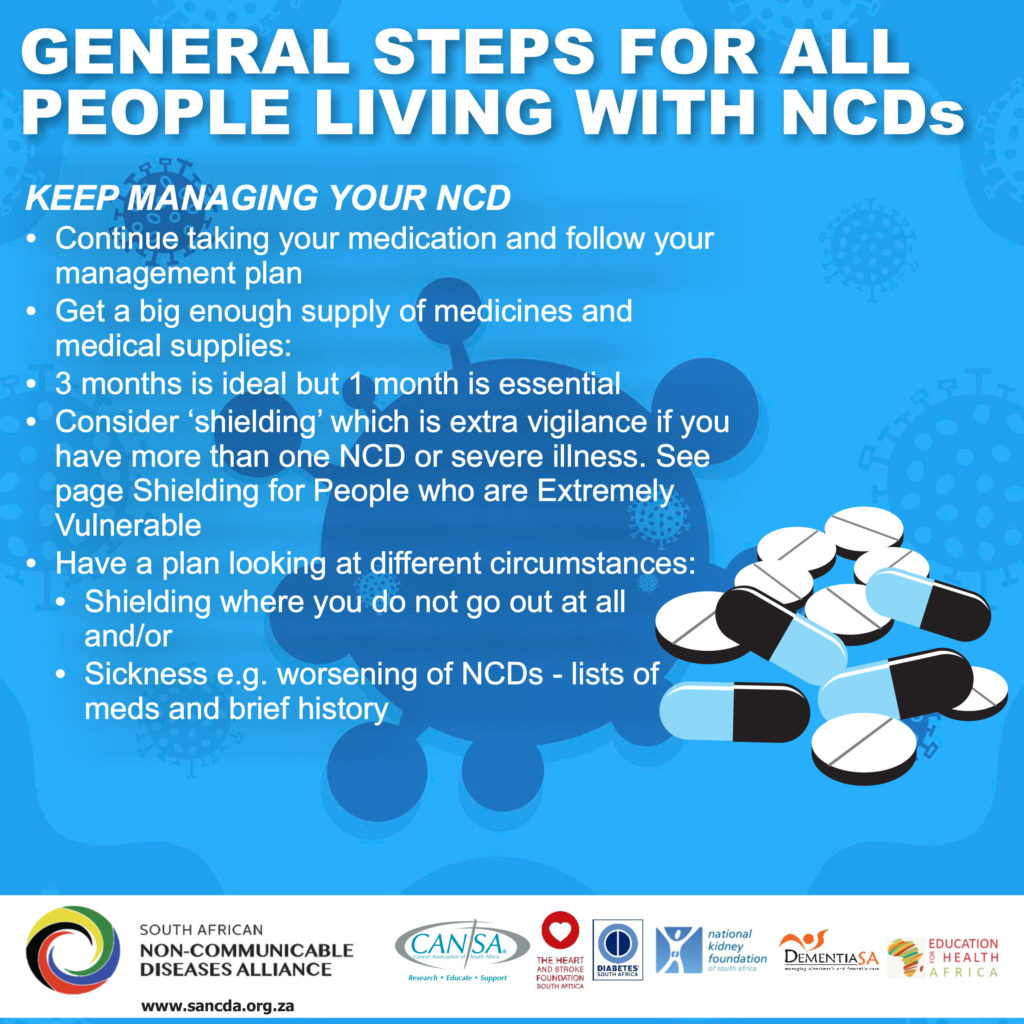
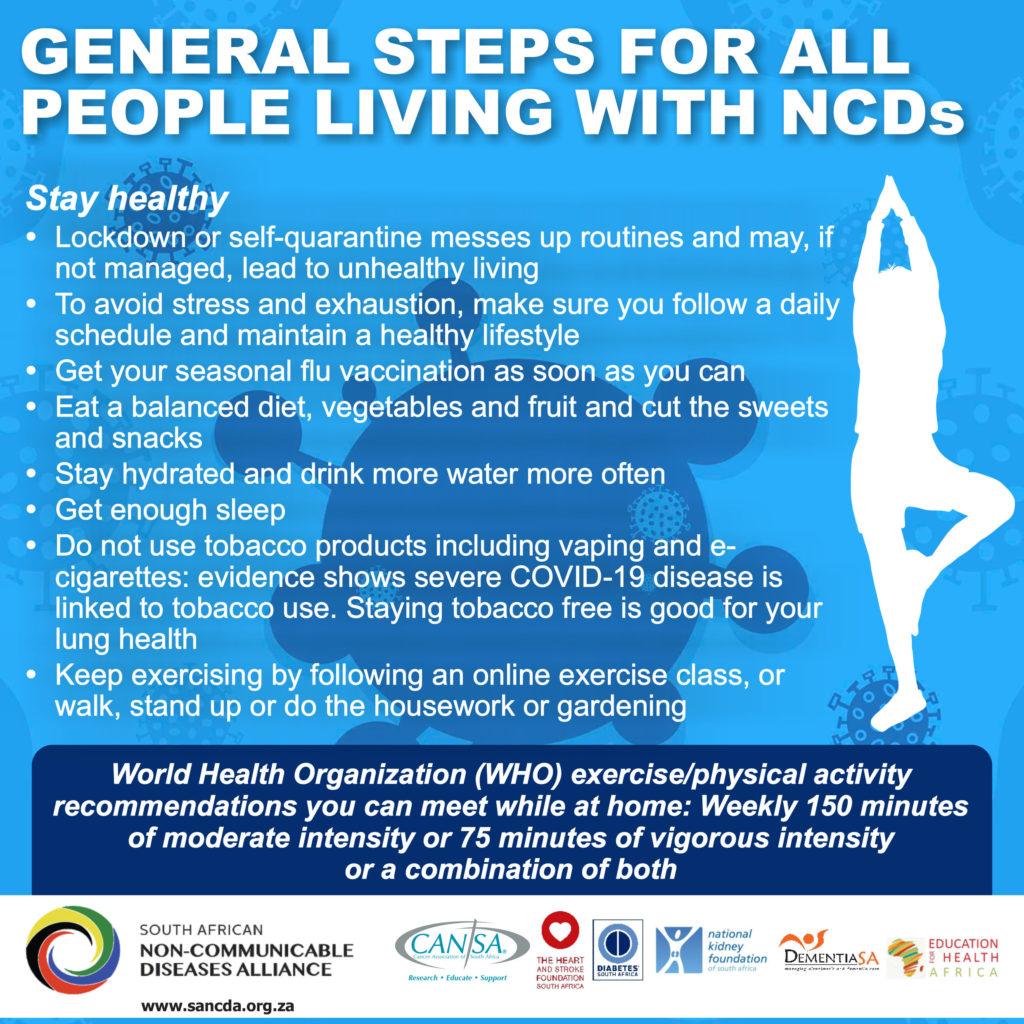
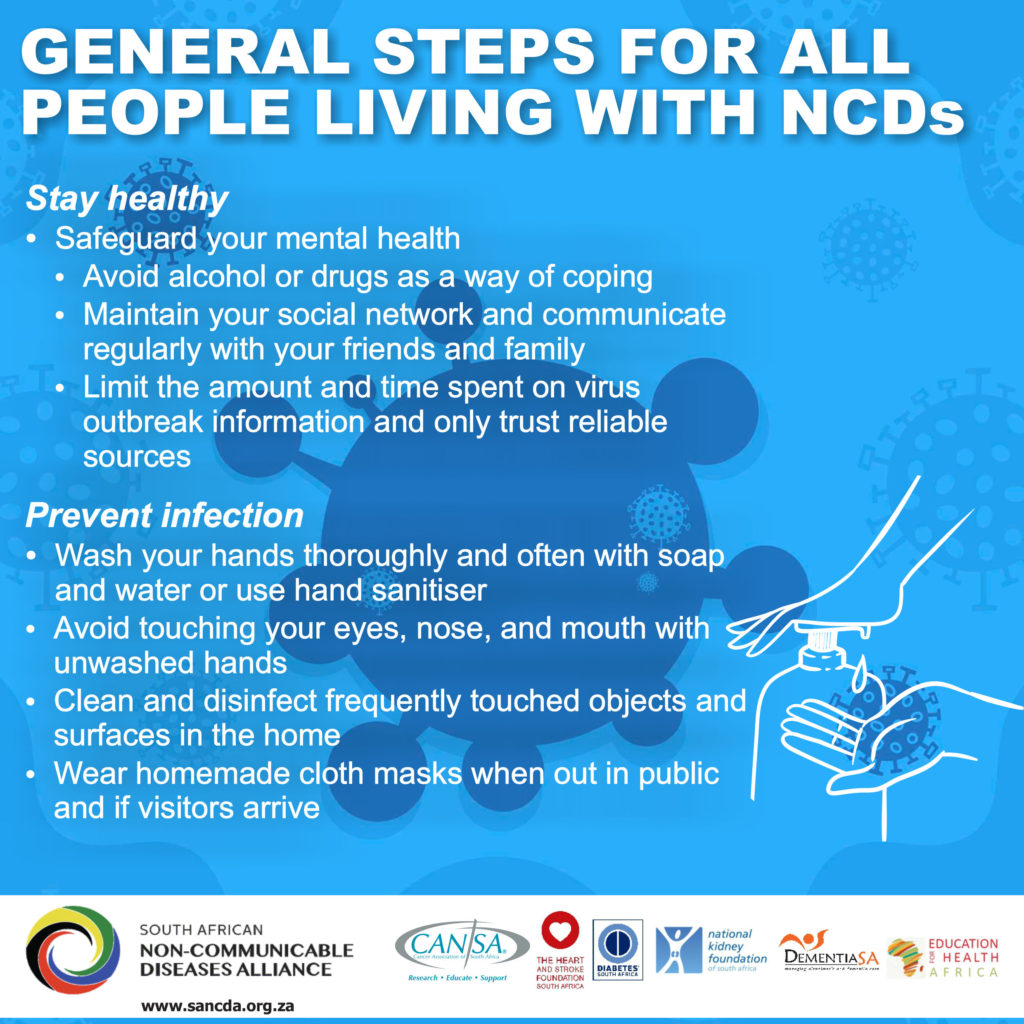
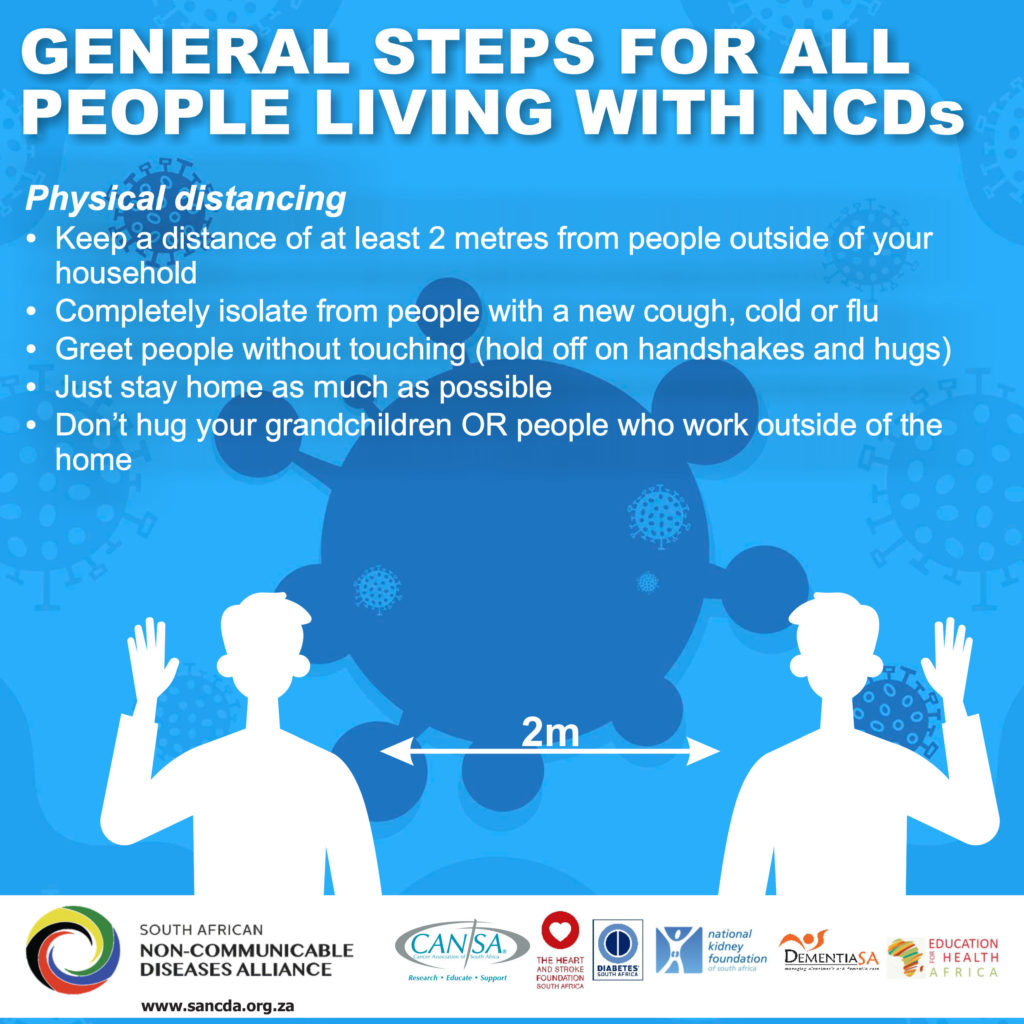
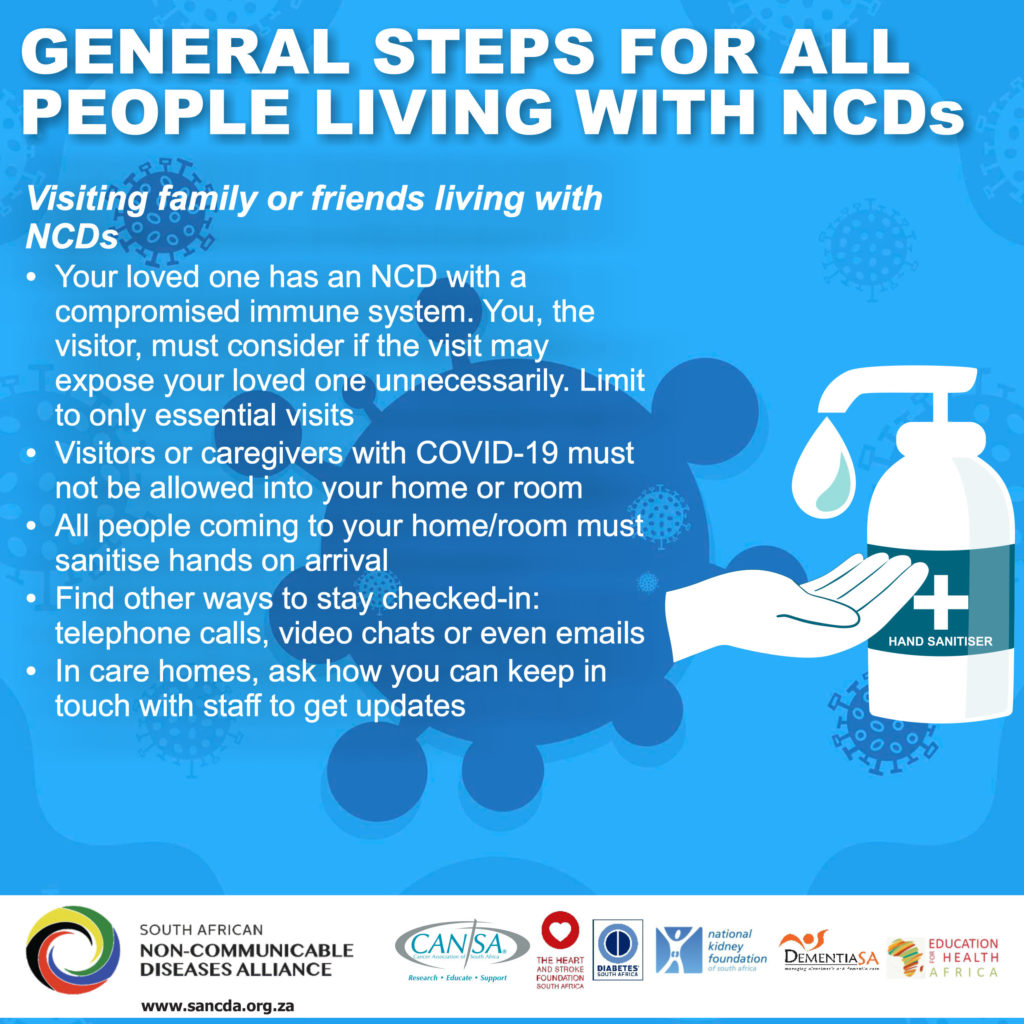
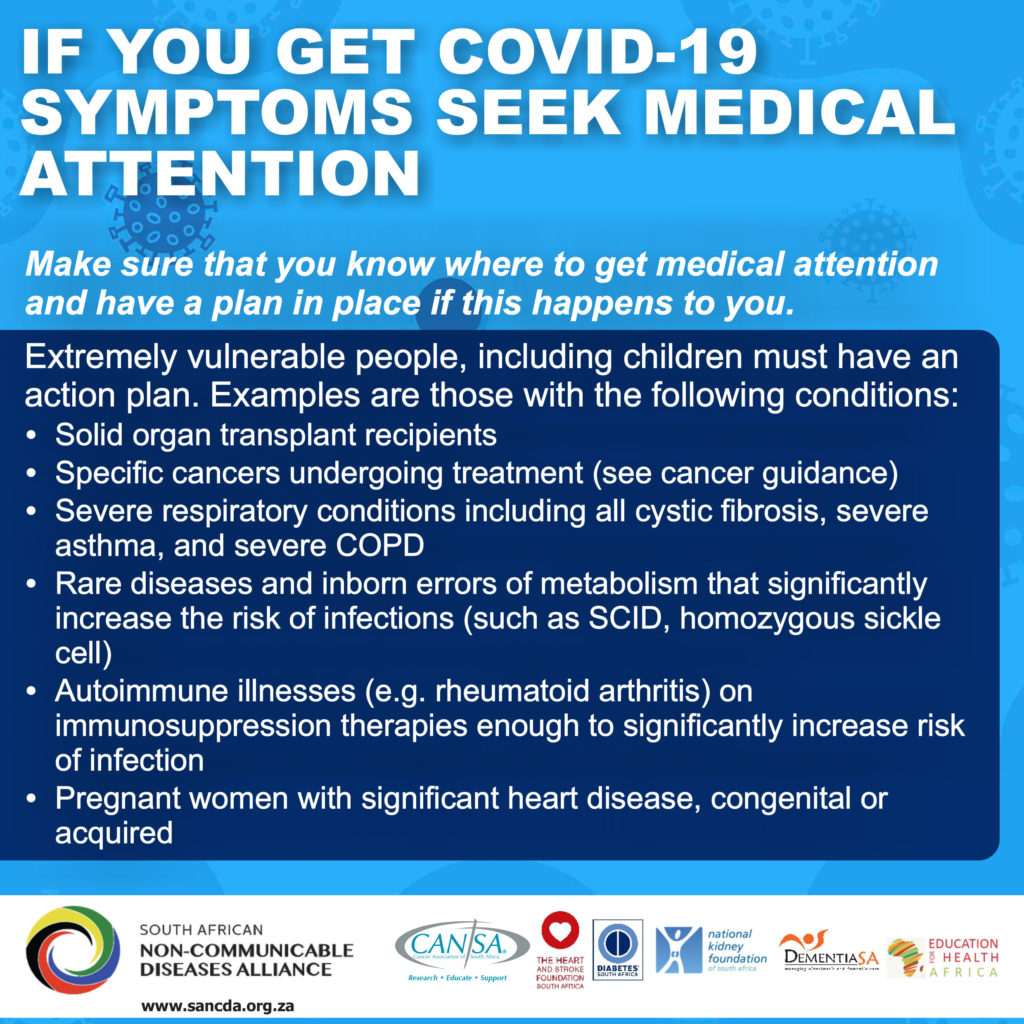
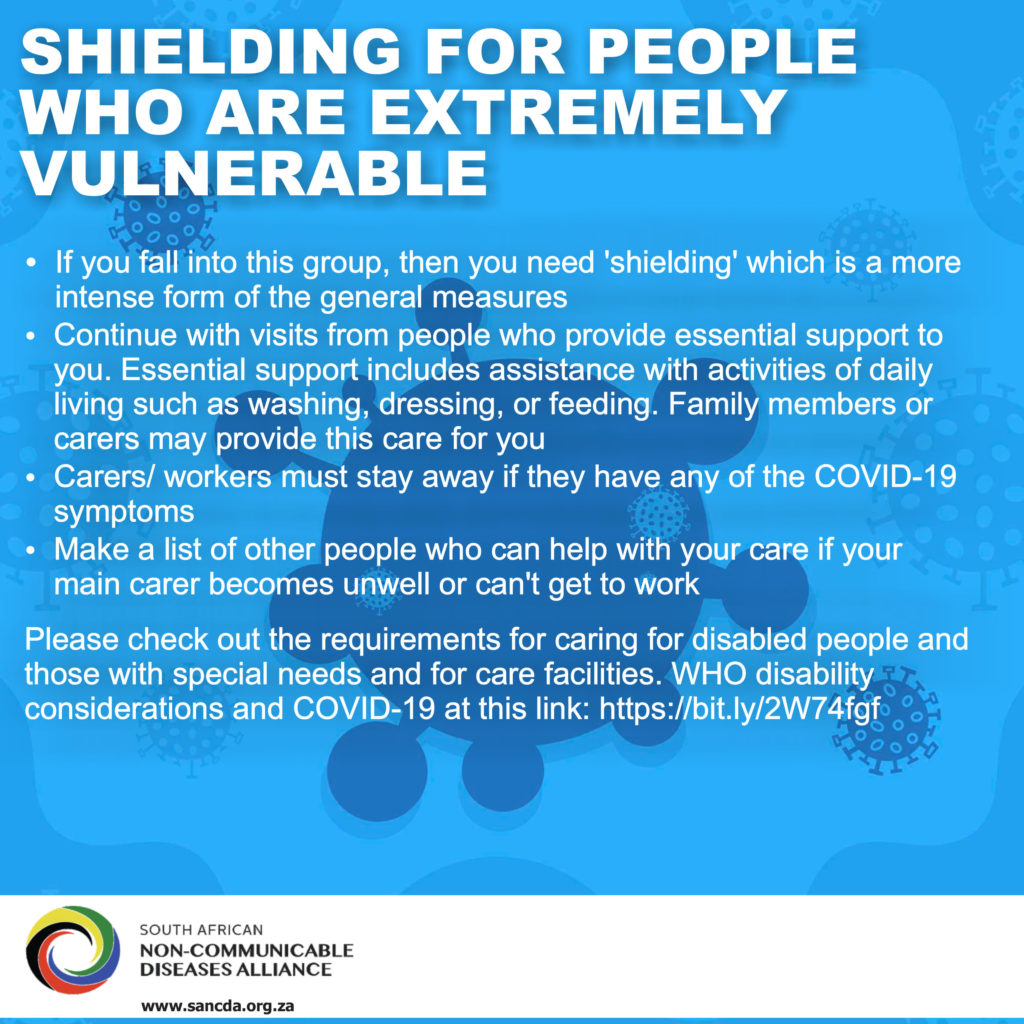
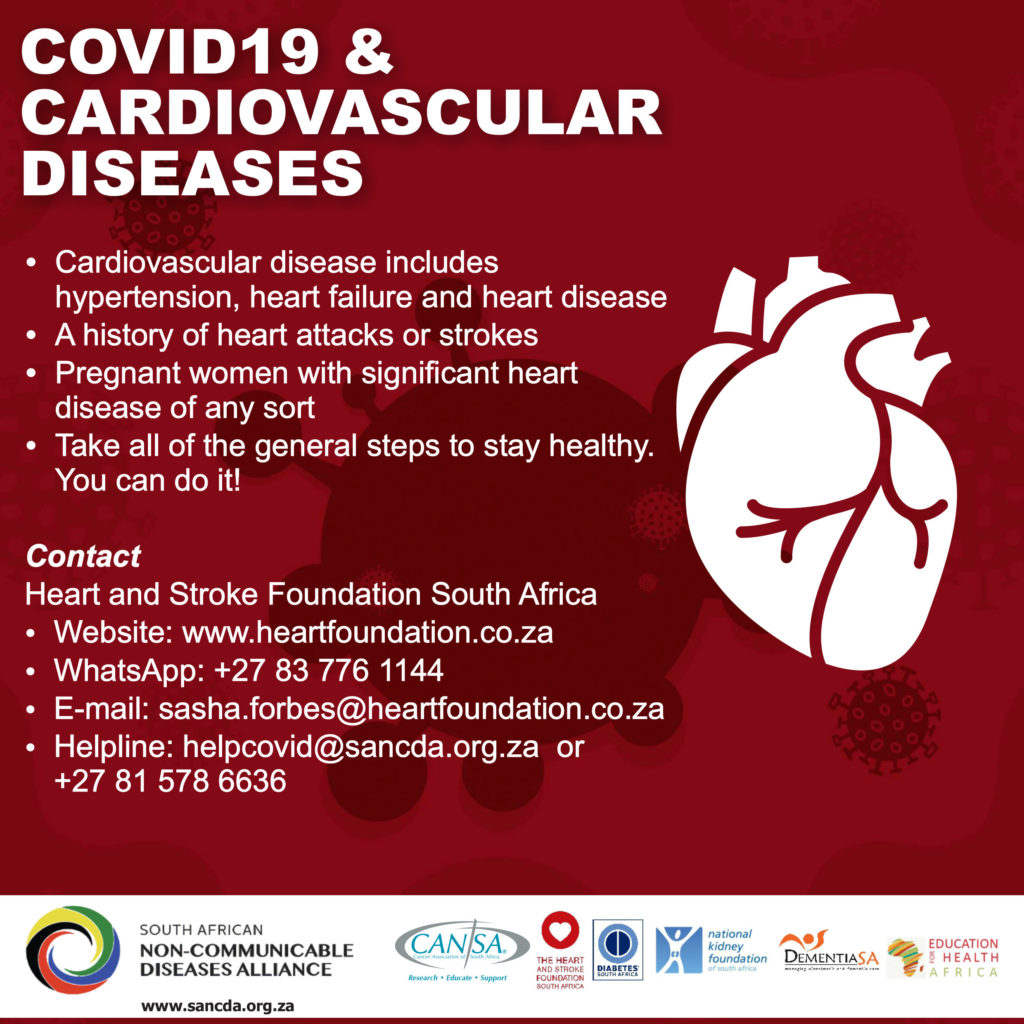
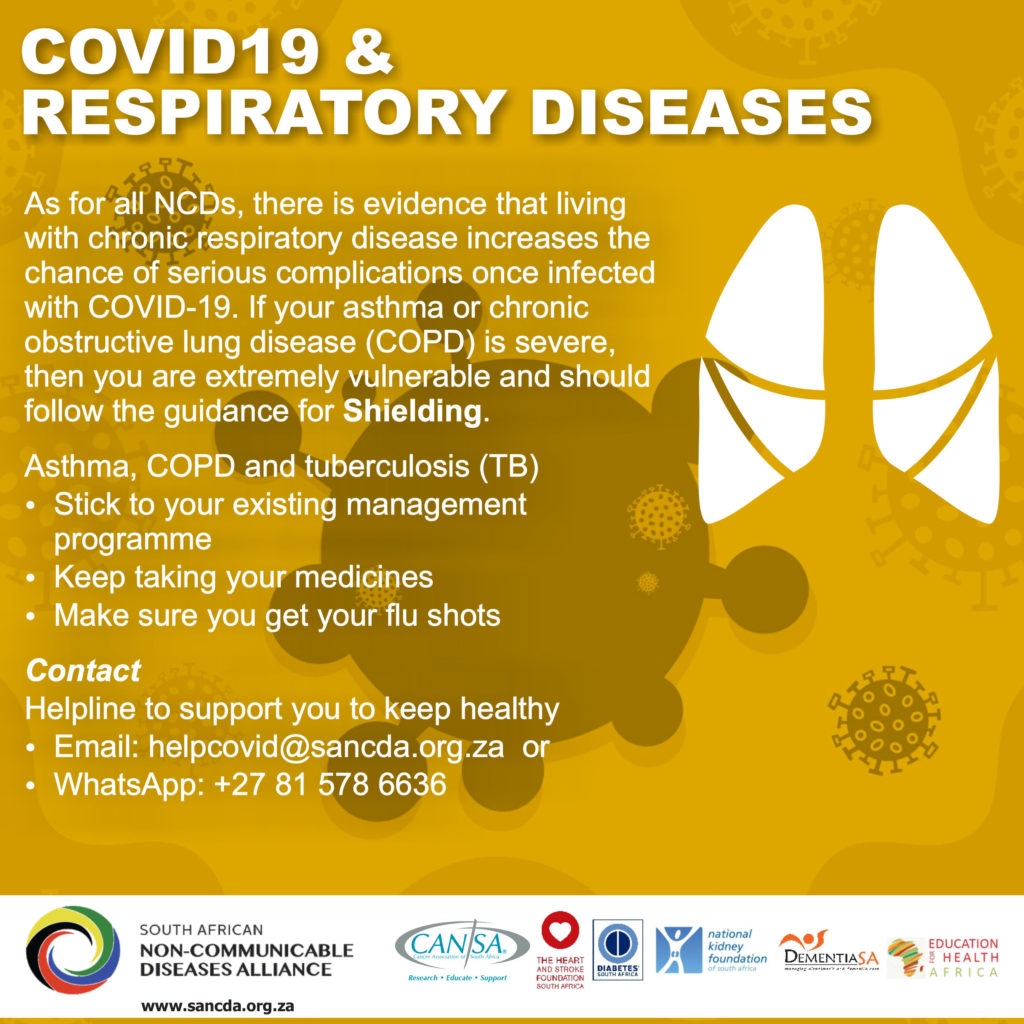
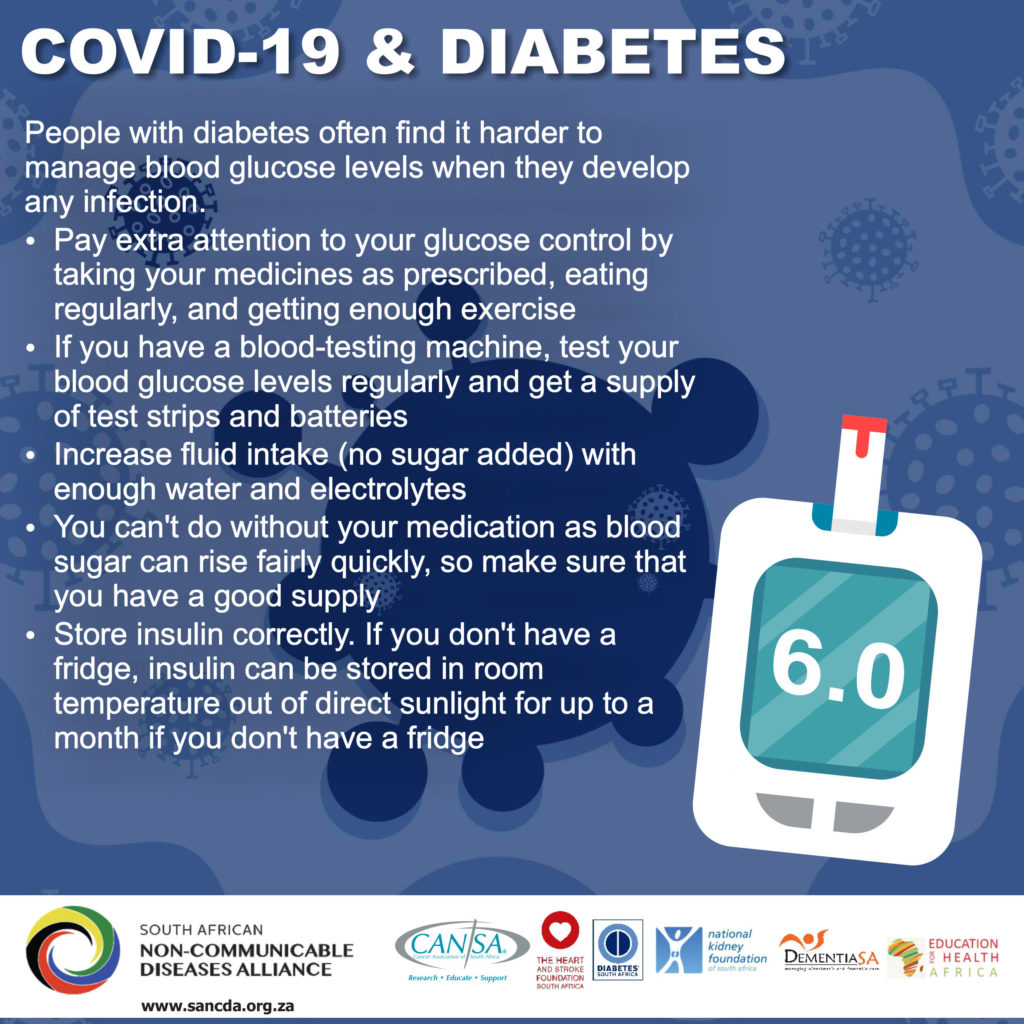
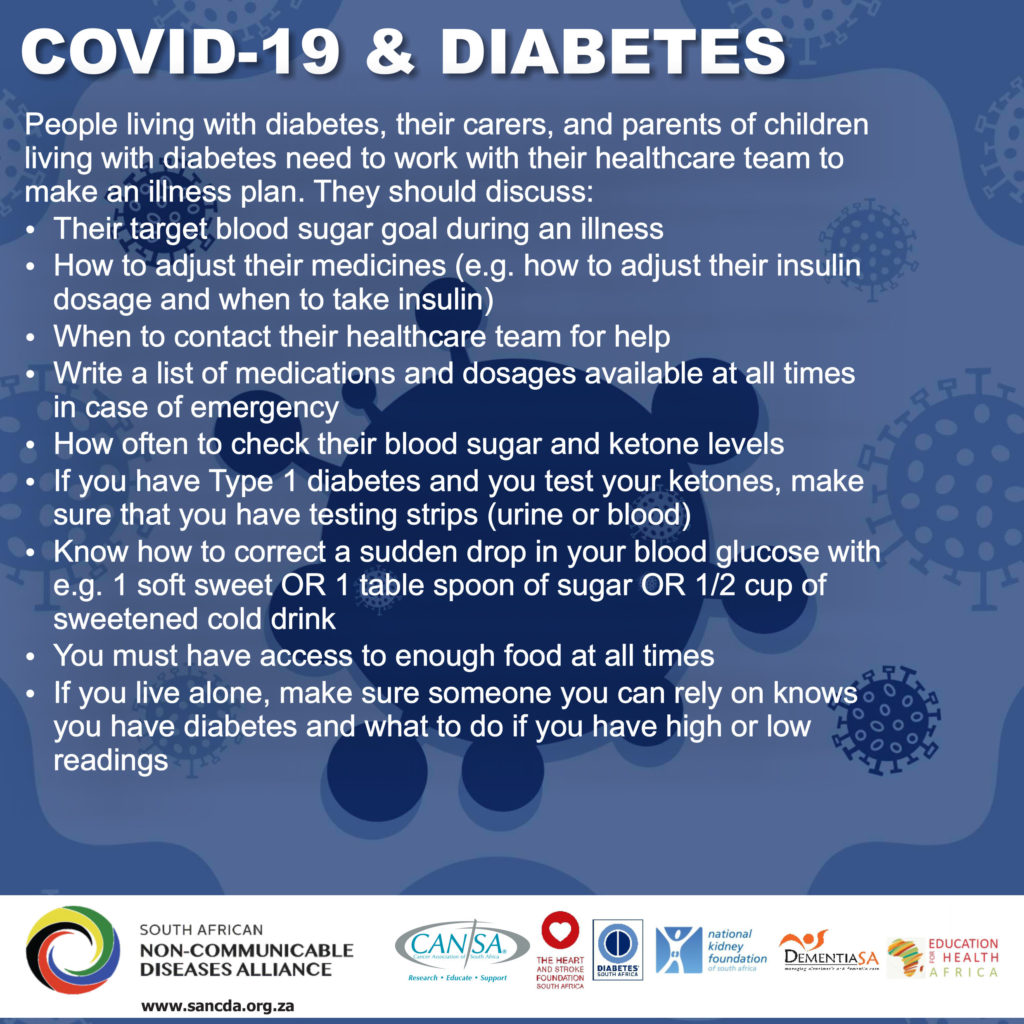
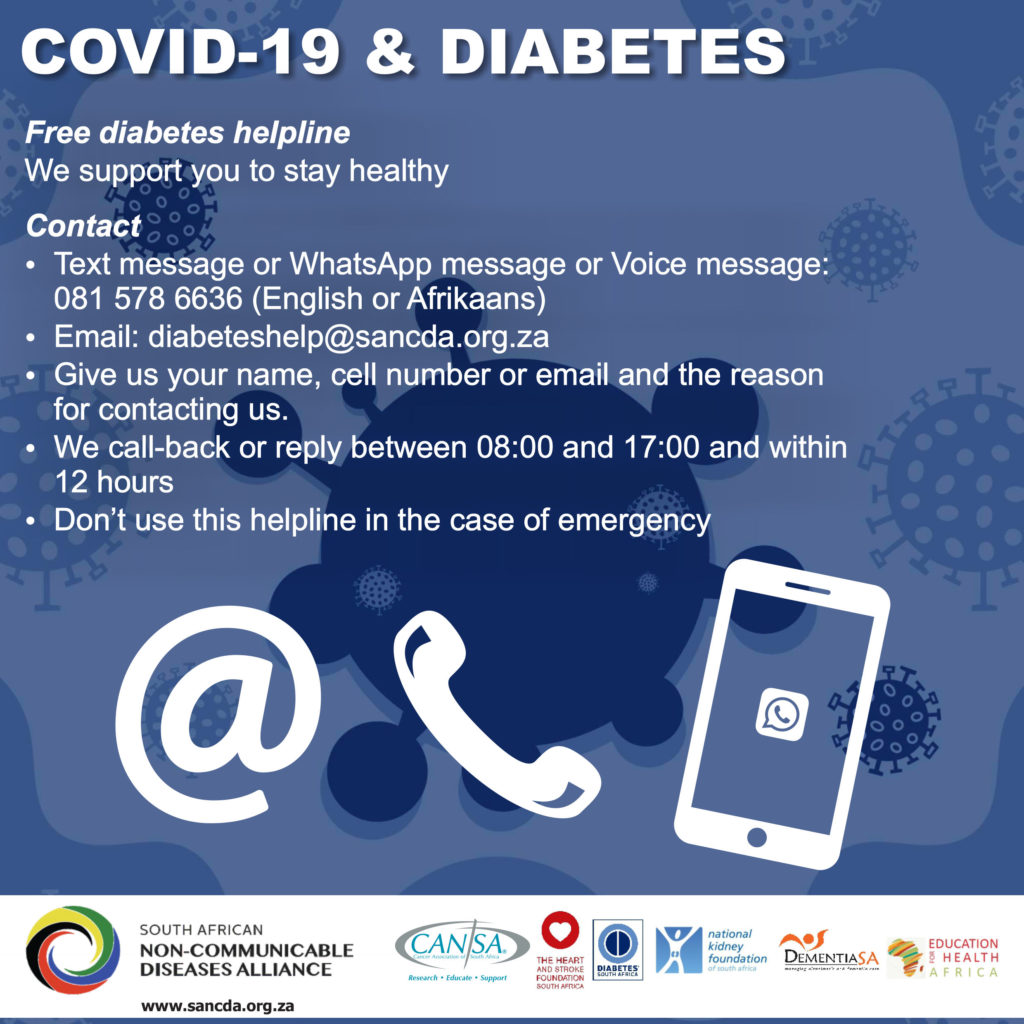
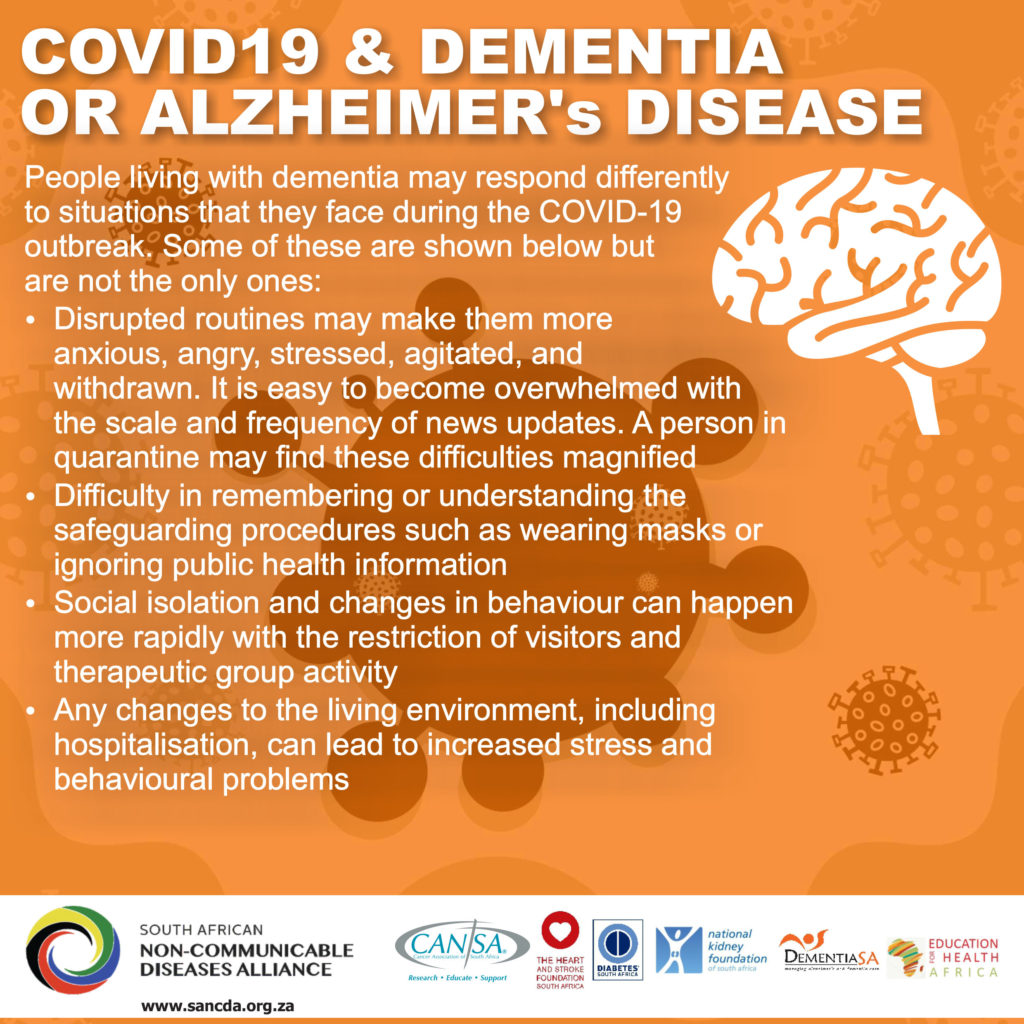
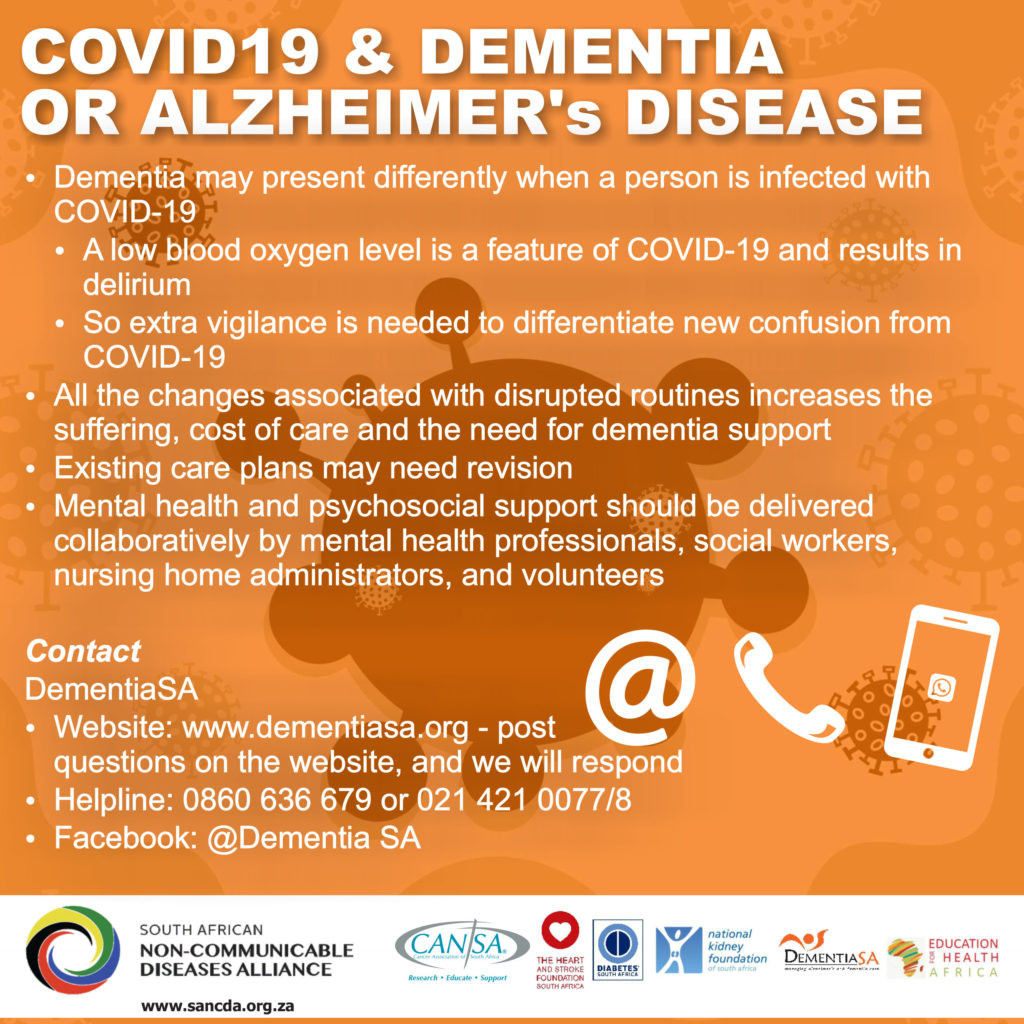
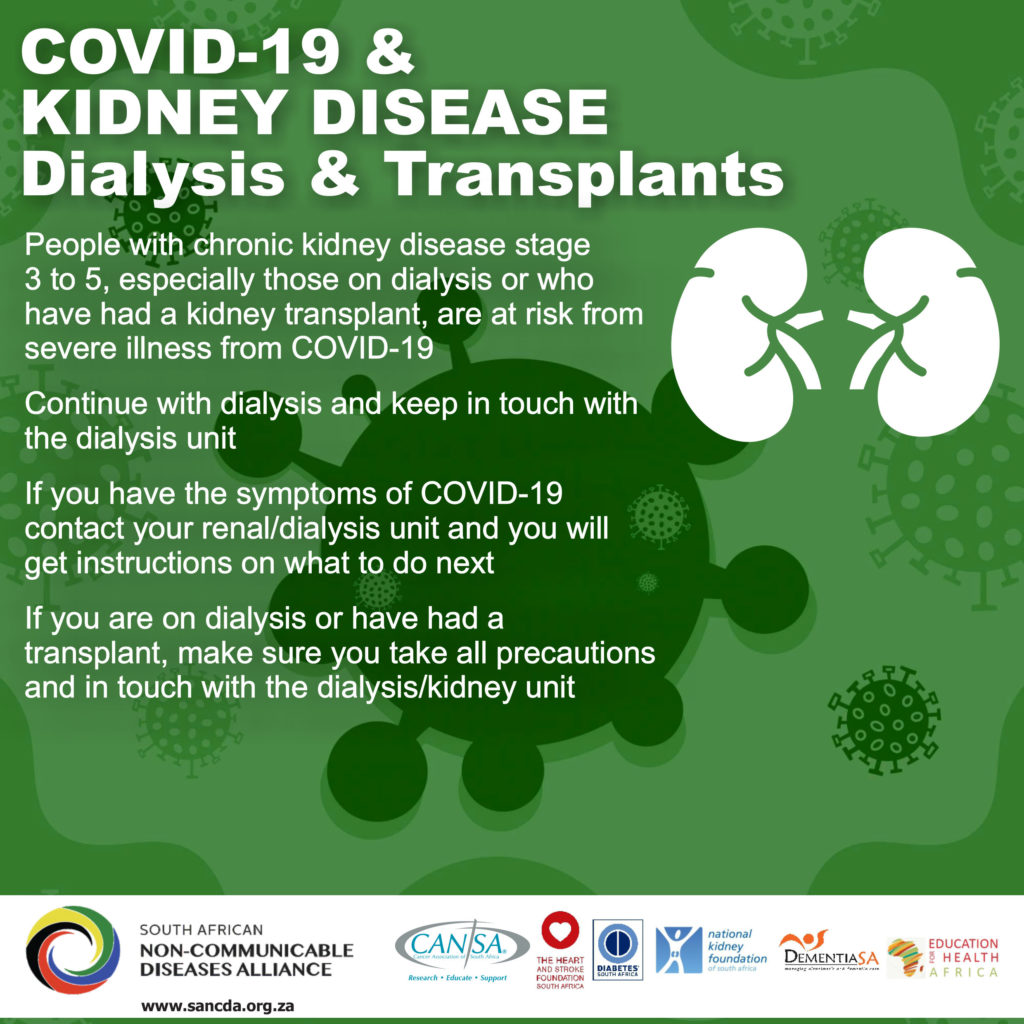
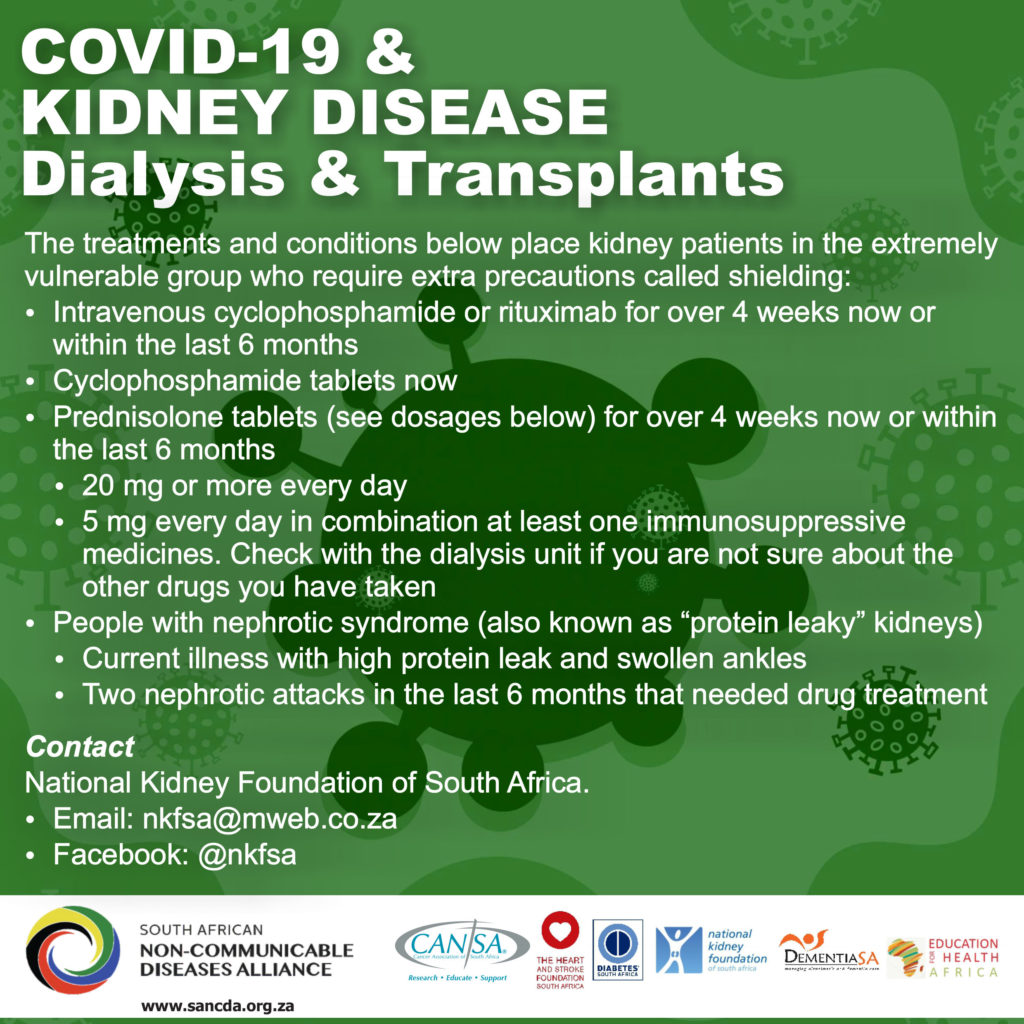
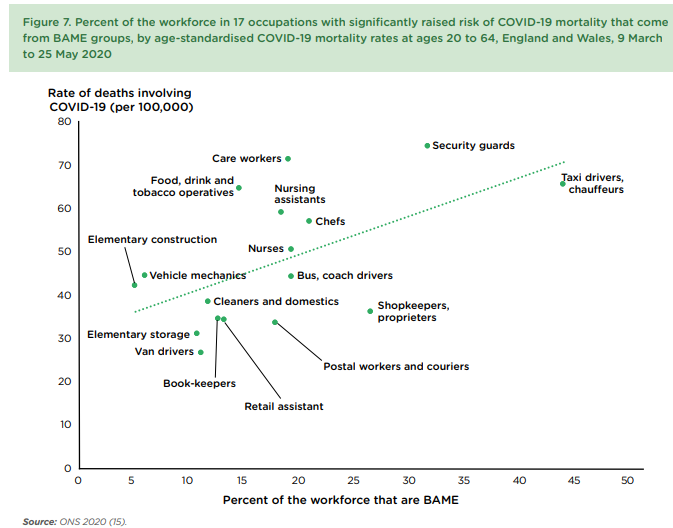
As the UK emerges from the COVID-19 pandemic ‘Build Back Better’ has become the mantra. Important, but we need to Build Back Fairer. The levels of social, environmental and economic inequality in society are damaging health and wellbeing
It was the principles of fairness and the need to do things differently that animated the concrete recommendations we set out in our February 10 Years On Review, just before the pandemic hit with such devastating intensity. Inequalities in mortality from COVID-19 and rising health inequalities as a result of social and economic impacts, have made such action even more important
The aim of this report is three-fold:
We urge that the Government learns the lessons of the pandemic, prioritises greater equity and health, and works urgently to reduce the severity of the health crisis caused by the economic and social impacts of the pandemic and the societal response.
#BuildBackFairer builds on recommendations in the 10 Years On and Marmot 2010 reports, which were to:
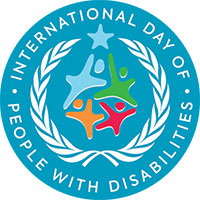
“We cannot rest if even a single one of our citizens is a victim of discrimination and prejudice on account of having a disability.” This is the message from President Cyril Ramaphosa on International Day of Persons with Disabilities.
Delivering his message on Thursday, President Ramaphosa warned that there can be no sustainable growth and development in any society if there are members who are excluded from being active citizens on account of disability.
The President said the COVID-19 pandemic has exposed the difficulties people with disabilities face in a number of sectors – from accessing healthcare to using public transportation and seeking employment.
“In line with our commitment to building towards an inclusive, accessible and sustainable post COVID-19 world, we must ensure that persons with disabilities are not left behind.
“The social, economic and political inclusion of persons with disabilities is included in the UN Agenda 2030 and Sustainable Development Goals (SDGs), as well as our own National Development Plan (NDP). Now that we are in the final decade of implementation of both the NDP and Agenda 2030, we must increase the pace of change,” President Ramaphosa said.
The President said through the work of the Presidential Working Group on Disability, government is making sure disability is mainstreamed in all government plans and programmes, along with the necessary budgets.
“Disability has been included in the work streams of the National Coronavirus Command Council. We are striving to ensure that the legal, social, economic, health care and containment work streams include disability in their work.
“A process is underway to finalise a report on the impact of the Coronavirus pandemic on persons with disabilities, which will guide not only our approach to disability in the economic recovery plan, but also our preparation for future crises of this nature,” he said.
As government works to implement the Economic Reconstruction and Recovery Plan, it is making sure that people with disabilities are prioritised when it comes to job opportunities under the Presidential Employment Stimulus, and that businesses owned and managed by people with disabilities have access to opportunities in the key growth sectors.
As South Africa marks 16 Days of Activism for No Violence against Women and Children, President Ramaphosa challenged every citizen to work to end gender-based violence (GBV) against persons with disabilities, and ensure that survivors get the necessary support.
“According to numerous studies, women with disabilities are more likely to suffer abuse at the hands of partners. Women and children with cognitive disabilities may be taken advantage of due to their perceived inability to report the crime,” the President said.
The International Day for Persons with Disabilities is observed annually on 3 December to promote the full and equal participation of persons with disabilities in society and the economy, and to take action for the inclusion of persons with disabilities in all aspects of society and development.
The United Nations has themed this year’s commemoration ‘Building Back Better: toward a disability-inclusive, accessible and sustainable post COVID-19 World”.
The International Day for Persons with Disabilities also brings to a close government’s Disability Rights Awareness Month 2020 (DRAM 2020).
The DRAM, which run from 3 November to3 December 2020, aims to raise awareness to the harmful effects stigmatisation, prejudice and stereotypes have on the disability sector. The campaign also aims to celebrate individuals who have overcome prejudice, societal barriers, and hardship to excel in their chosen fields.
“We cannot rest if even a single one of our citizens is a victim of discrimination and prejudice on account of having a disability.” This is the message from President Cyril Ramaphosa on International Day of Persons with Disabilities.
Delivering his message on Thursday, President Ramaphosa warned that there can be no sustainable growth and development in any society if there are members who are excluded from being active citizens on account of disability.
The President said the COVID-19 pandemic has exposed the difficulties people with disabilities face in a number of sectors – from accessing healthcare to using public transportation and seeking employment.
“In line with our commitment to building towards an inclusive, accessible and sustainable post COVID-19 world, we must ensure that persons with disabilities are not left behind.
“The social, economic and political inclusion of persons with disabilities is included in the UN Agenda 2030 and Sustainable Development Goals (SDGs), as well as our own National Development Plan (NDP). Now that we are in the final decade of implementation of both the NDP and Agenda 2030, we must increase the pace of change,” President Ramaphosa said.
The President said through the work of the Presidential Working Group on Disability, government is making sure disability is mainstreamed in all government plans and programmes, along with the necessary budgets.
“Disability has been included in the work streams of the National Coronavirus Command Council. We are striving to ensure that the legal, social, economic, health care and containment work streams include disability in their work.
“A process is underway to finalise a report on the impact of the Coronavirus pandemic on persons with disabilities, which will guide not only our approach to disability in the economic recovery plan, but also our preparation for future crises of this nature,” he said.
As government works to implement the Economic Reconstruction and Recovery Plan, it is making sure that people with disabilities are prioritised when it comes to job opportunities under the Presidential Employment Stimulus, and that businesses owned and managed by people with disabilities have access to opportunities in the key growth sectors.
As South Africa marks 16 Days of Activism for No Violence against Women and Children, President Ramaphosa challenged every citizen to work to end gender-based violence (GBV) against persons with disabilities, and ensure that survivors get the necessary support.
“According to numerous studies, women with disabilities are more likely to suffer abuse at the hands of partners. Women and children with cognitive disabilities may be taken advantage of due to their perceived inability to report the crime,” the President said.
The International Day for Persons with Disabilities is observed annually on 3 December to promote the full and equal participation of persons with disabilities in society and the economy, and to take action for the inclusion of persons with disabilities in all aspects of society and development.
The United Nations has themed this year’s commemoration ‘Building Back Better: toward a disability-inclusive, accessible and sustainable post COVID-19 World”.
The International Day for Persons with Disabilities also brings to a close government’s Disability Rights Awareness Month 2020 (DRAM 2020).
The DRAM, which run from 3 November to3 December 2020, aims to raise awareness to the harmful effects stigmatisation, prejudice and stereotypes have on the disability sector. The campaign also aims to celebrate individuals who have overcome prejudice, societal barriers, and hardship to excel in their chosen fields.
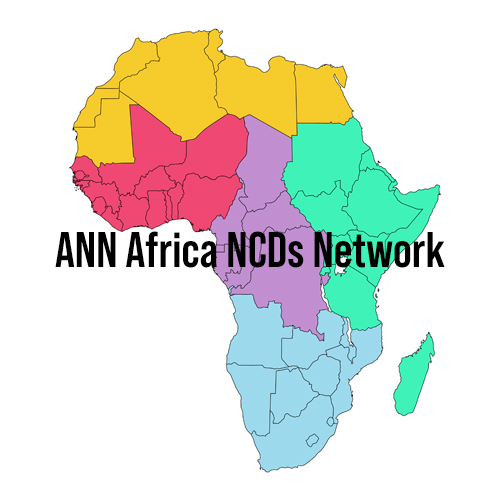
As every year, WHO regional offices schedule their Regional Committee Meetings (RCM) between the months of August and October, to discuss and monitor progress on regional commitments. The first RCM was the 70th Session of the Regional Committee for Africa, which took place on August 25th and was held virtually for the first time.
As part of our post-World Health Assembly regional advocacy efforts, the NCD Alliance supported a virtual delegation comprised of Vicki Pinkney-Atkinson from South Africa and chair of the African NCDs Network (ANN) Secretariat and person living with NCDs, and George Msengi from Tanzania and member of the Secretariat of the ANN to participate in the meeting.
Due to the shortened, 1-day virtual format, the AFRO RCM considered only a few agenda items including the Work of WHO in the African Region 2019–2020; a special event on the COVID-19 response in the region, and ‘Celebrating the certification of wild poliovirus eradication in the African Region’.
NCD Alliance and ANN submitted a joint statement on the ‘Special event on the COVID-19 response in the WHO African Region’ calling Member States in the AFRO region to elevate the voices of people living with NCDs, young people and marginalised populations, by assessing the pandemic’s impact on their needs, challenges and priorities; and to include them in COVID-19 decision-making processes and responses.
The joint statement was supported by Alliance des Organisations de lutte contre les MNT – Côte d’Ivoire, Africa Diabetes Alliance, Africa Stroke Organization, Burkina Faso NCD Alliance, Burundi NCD Alliance, Cameroon Civil Society NCD Alliance, Coalition des ONG et Associations – Contre les MNT au Togo, Community Development Awareness and Health Empowerment Foundation, Fondation de Lutte contre le Diabète et les MNT, Foundation for the fight against Diabetes and NCDs, Ghana NCD Alliance, Malawi NCD Alliance, NCD Alliance Nigeria, NCD Alliance of Kenya, Rwanda NCD Alliance, South African NCDs Alliance, Tanzania NCD Alliance, and West African Alcohol Policy Alliance.
The statement highlighted the link between NCDs, COVID-19 and achieving Universal Health Coverage (UHC) by encouraging WHO AFRO and Member States to:
You can access NCDA’s Advocacy Briefing for the AFRO RCM here; and the statement submitted here.